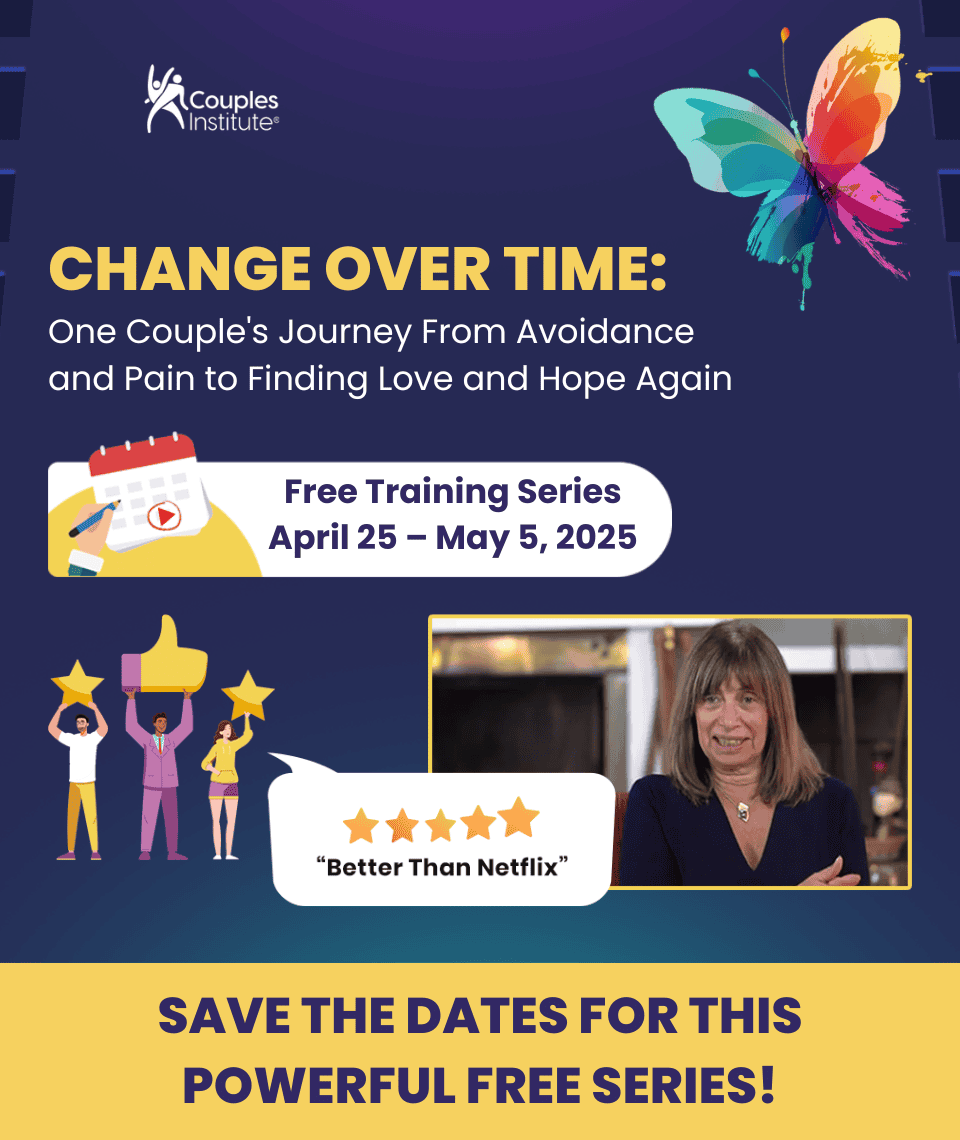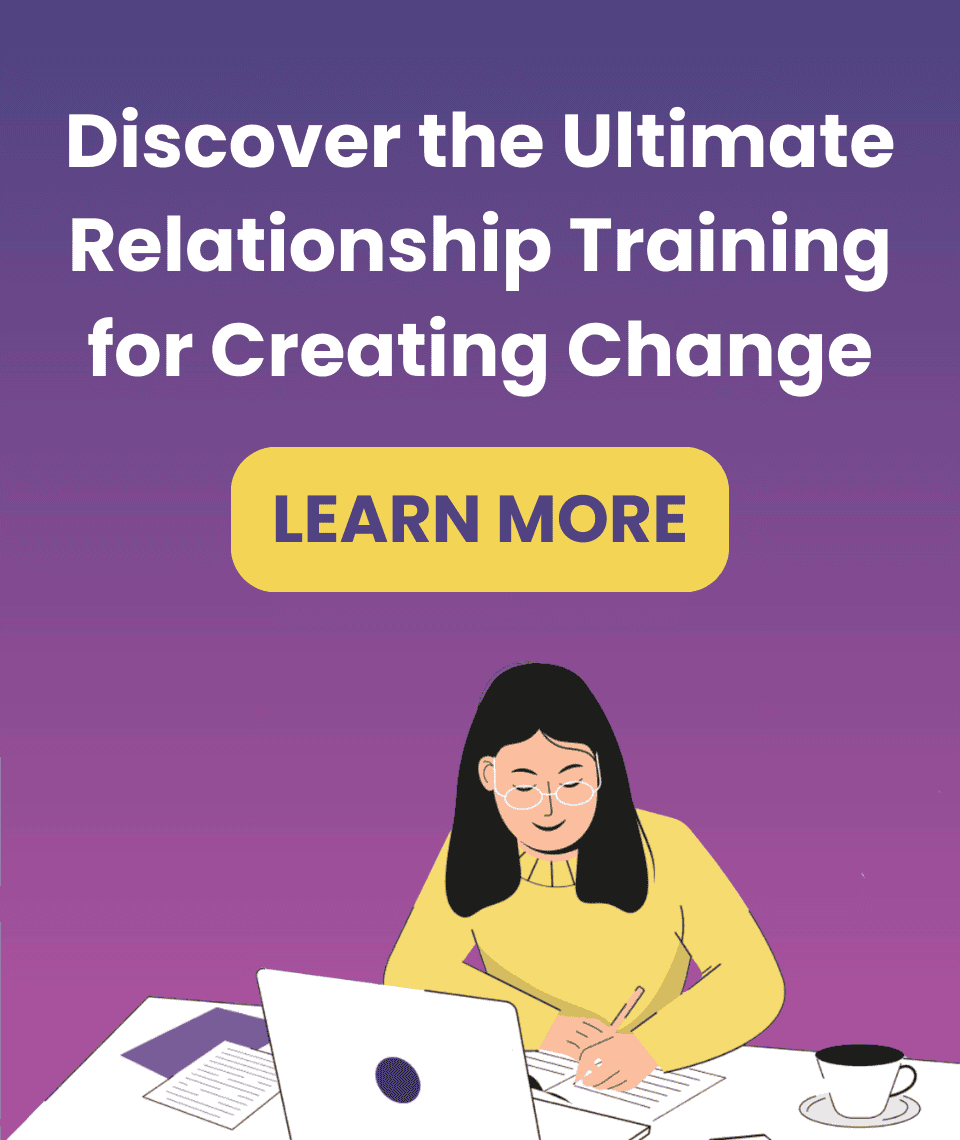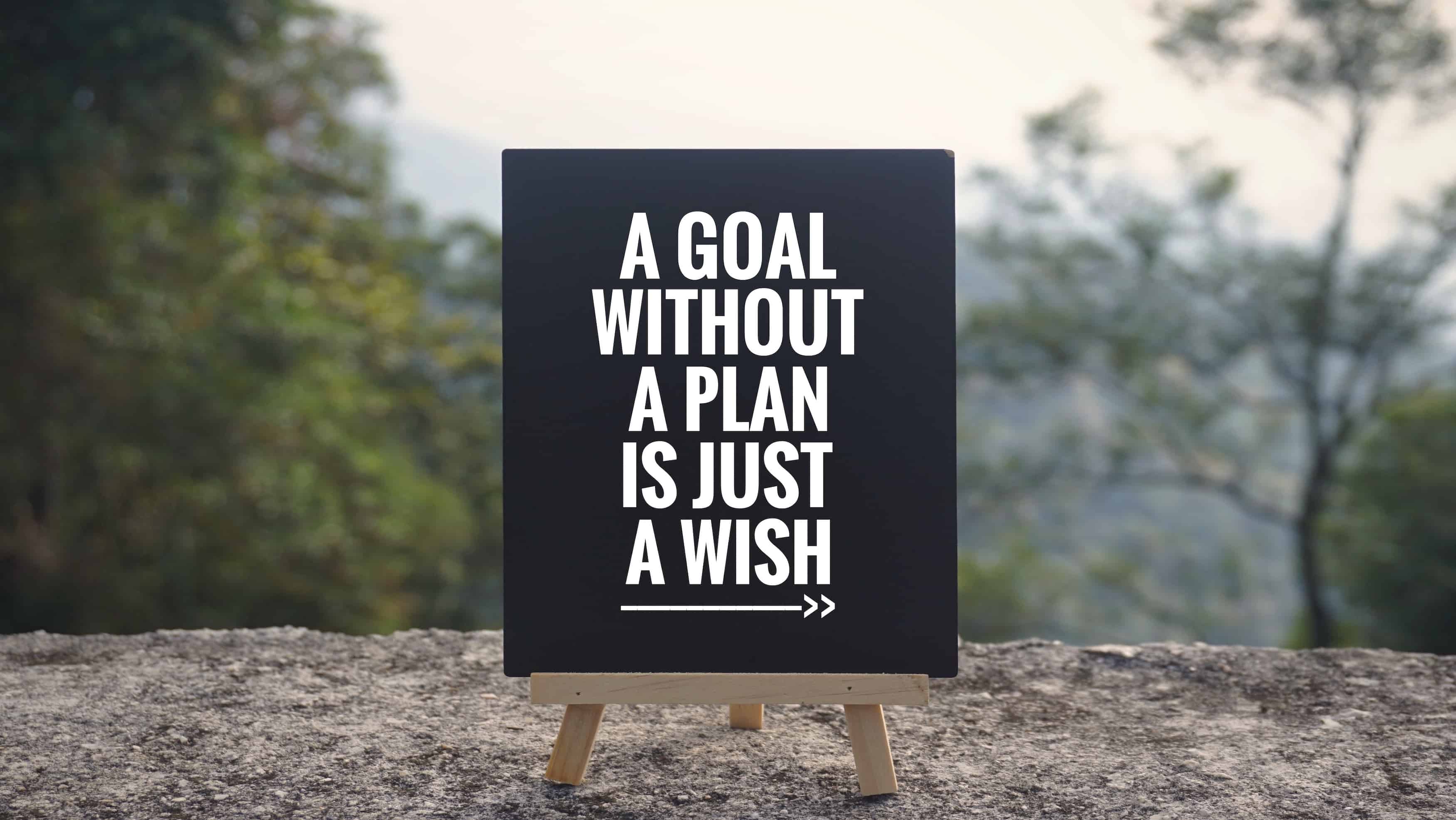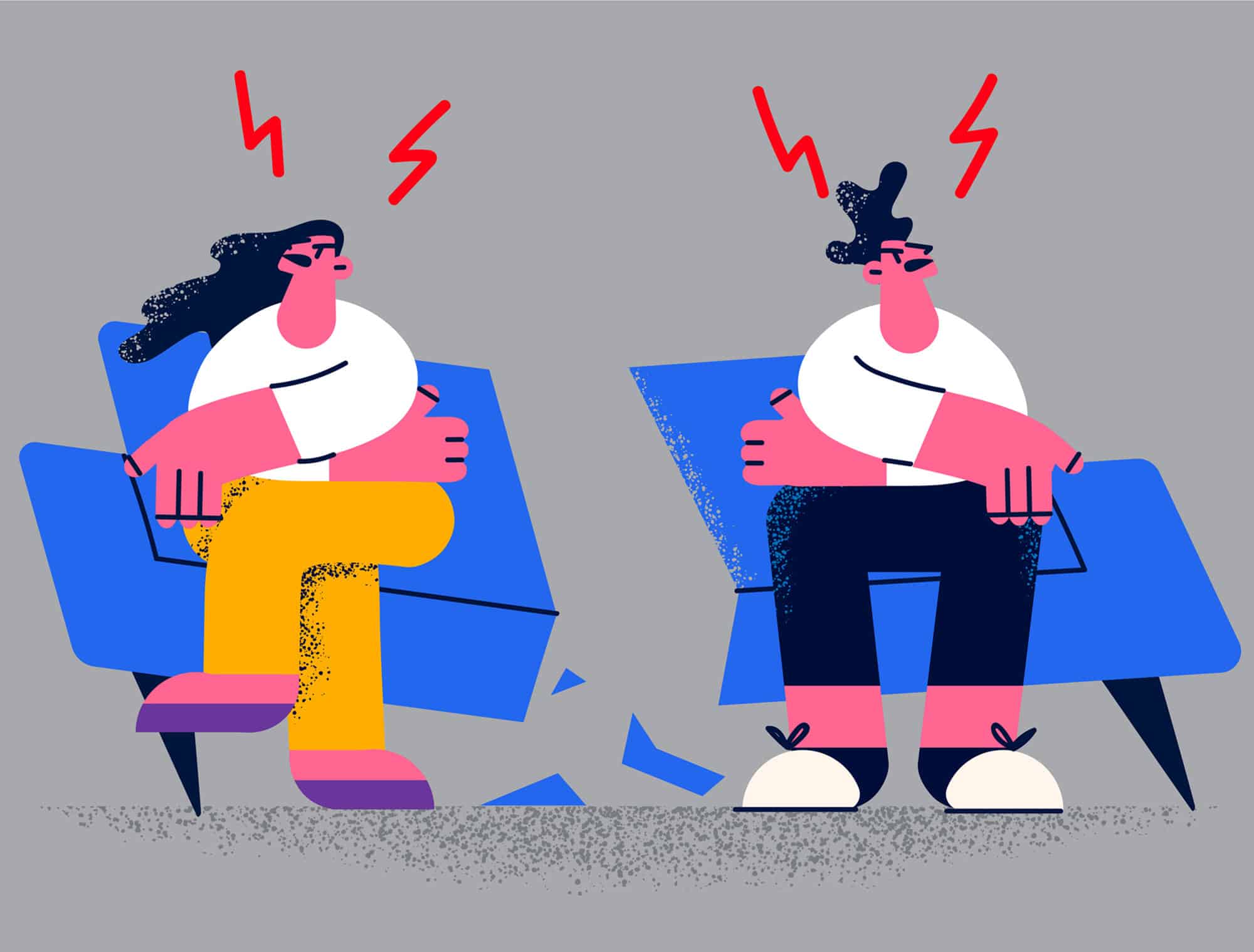As I fly home from the vibrant energy of the Psychotherapy Networker Symposium in Washington, DC, I'm reflecting on what an exceptional conference it was. I spent three inspiring days attending thought-provoking workshops, viewing excellent clinical videos, and renewing heartfelt connections with longtime friends, Developmental Model trainers, and trainees. Here are a few key highlights for you.
I began Day 1 attending a workshop on High Conflict Couples led by my friend and peer consultation group colleague, George Faller. George’s session provided an invaluable opportunity to see firsthand how he thinks about selecting effective interventions with highly conflicted couples. What stood out most to me was his emphasis on how easily therapists can be led astray by couples' dynamics. George offered a practical and insightful template for maintaining clarity and intentionality:
- Enter each session knowing your specific focus.
- Clearly identify your mission and the intervention you intend to use.
- If your intervention works, know your next step.
- If it does not work, have a backup plan ready.
- If you feel compelled to shift attention from one partner to the other, be clear about why.
- If you become stuck or mis-attuned, can you acknowledge this openly with yourself and the couple, and then repair?
No matter your therapeutic model or preferred approach, this structured, reflective framework is incredibly useful for navigating any couples session.
Next came Jean Twenge’s compelling keynote highlighting the negative impacts of technology and social media on teens and younger generations. She presented significant statistics revealing rising trends of loneliness and over-protection among teenagers starting around 2012 – even before the pandemic amplified these effects.
Twenge hypothesizes that as American families have had fewer children, there's been an increase in parental over-protection, coinciding with teens spending up to five hours per day on social media.
Some striking outcomes she shared include:
- A notable drop in the percentage of high school seniors obtaining driver’s licenses – from 90% to around 60%.
- A significant decline in the number of teens reporting ever having been on a date.
- A sharp decrease in teen employment and minimal experience earning their own money.
Twenge suggests these trends collectively contribute to:
- Delayed emotional development.
- Limited opportunities to practice independent decision-making.
- Increased feelings of loneliness and exclusion among teens.
- Teens requiring more support from adults to develop independence and decision-making skills.
For the third and final summary in today’s report of the Networker Conference, I want to share a few points from my own workshop on Confrontation without Defensiveness. How much attention have you given to refining your skills around confrontation?
For me, developing the capacity to confront effectively is one of the most critical components of my work with couples. Healthy, thoughtful confrontation is essential because chronically stuck relationships only shift when each partner is challenged to grow and develop new emotional capacities. Often, partners resist, insist they're right, or simply fail to practice the new behaviors they're learning. Tools such as reframing, interpretation, metaphor, and empathy alone aren’t sufficient to produce sustained change.
The most impactful confrontations pinpoint the client's developmental edge – the specific area where growth is both possible and necessary. Effective confrontations identify limitations followed by clear support for how to change.
Consider your own confrontational style: Are you sometimes too harsh or rigid? Too vague or overly cautious?
Here are some key reflection points to refine your confrontation skills:
- Timing and Readiness: Is now the right moment? Am I emotionally grounded?
- Clarity and Evidence: Do I have clear, observable evidence to support my confrontation?
- Descriptive Communication: Can I articulate this feedback clearly, specifically, and without judgment?
- Anticipating Pushback: Do I expect defensiveness or deflection, and am I ready to handle it?
- Managing Emotional Intensity: Can I intentionally raise or lower anxiety levels as needed to maximize impact without causing unnecessary distress?
When you can confidently say “yes” to these questions, you're truly prepared to deliver – and sustain – a powerful, growth-promoting confrontation.
As I said, this conference was stellar. In a future blog post I will feature presentations from several other speakers and some points from my workshop on Infidelity. I hope that even if you weren’t able to attend, you can get some helpful ideas from this brief summary. And as always, I enjoy reading your comments or even updates from other workshops if you were in Washington, DC.
And save the dates: April 25 – May 2, 2025, when you can join us for a free training series Change Over Time, where we follow the journey of a conflict-avoidant couple and their therapist over time. More details coming soon!


 We respect your privacy.
We respect your privacy.




Ellyn! Will your talk on Confrontation without Defensiveness be available in video form with handouts? I heard it was FABULOUS from a Symposium attentee! Hope to meet you there one day! LZ
Thanks Lori-i hope to meet you too! My talk might be available from Networker. I am not sure. I will check. I am going to integrate it into our free series in the fall for sure and maybe something else before that.
Yes please if this is at all possible. Your insights and approach re confronting issues with couples is vital as part of a therapeutic process and I do love your clear thinking on this. many thanks for sharing your experience. Psychotherapist from NZ 😊
Thank you for your insightful feedback on these presentations. At the conference
Many thanks! Love your summary.
Thankyou about the stellar points on high conflict couples. I was very interested on the effects of social media and teenagers.I do not eork with that group, I am concerned about the trends, i have two youngteenagers as grand children
Ellyn, thank you so much for sharing this. I so wanted to be there but could not make it happen this year. Maybe next year…. Looking forward to being able to watch your presentation on infidelity. Thanks again.
Thank you Ellyn, I hope that your talk will be available for listening.
Ellyn, thank you for your thoughtful feedback. I will intentionally consider the feedback you shared and incorporate it into to practice, especially regarding effective confrontation.
Appreciate your summary of a couple of workshops that I would have loved to be at!
Confrontation without Defensiveness is a great topic – a vital skill for harmonious love, friendship and work connections. Thank you.
Stefan
http://www.dancewise.org
Hi Ellyn, thank you for your generosity. You give so much and I just want you to know that I very much appreciate it and have learned much from you.
Hi Ellyn thank you for your generous sharing of the highlights of the conference. I’ve been musing on the use of confrontation in non therapeutic relationships and how fraught that can be. Wondering though whether some of the general principles could be utilised.
Dear Ellen. I would LOVE to participate in a specific workshop from you on the value and skill-building of artful and strategic Confrontation. PLEASE !!
Thank you for sharing these highlights, Ellyn. George Faller’s template is very helpful, as are the reflection points to improve confrontations. Looking forward to reading more about your workshop on infidelity.
Hi Ellyn,
Your presentation was gold. The topic is important, never really taught in this detail in training or in school programs. I’m grateful to have been able to watch real time.
The keynote by Jean Twenge was fascinating, too. It made me wonder about correlations between “over-protective” parents of this generation, perceived need for additional parental support, and developmental arrests in the marital couple/parents. Sounds like a good opportunity for some joint research in someone’s free time. Ha!
Looking forward to always learning with you and the CI community.
Thank you for sharing this, very helpful information!
Thank you for sharing your insights Ellyn. This is very helpful and nice to feel part of the day
George Faller’s “ template “ sounds like strong leadership to me! Twenge’s hypothesis sounds spot-on—very helpful to help us understand the challenges faving families with teens. Ellyn, your focus on confrontation is another facet of strong leadership. Thank you for the summary!
That’s cool that you know George – he’s great!